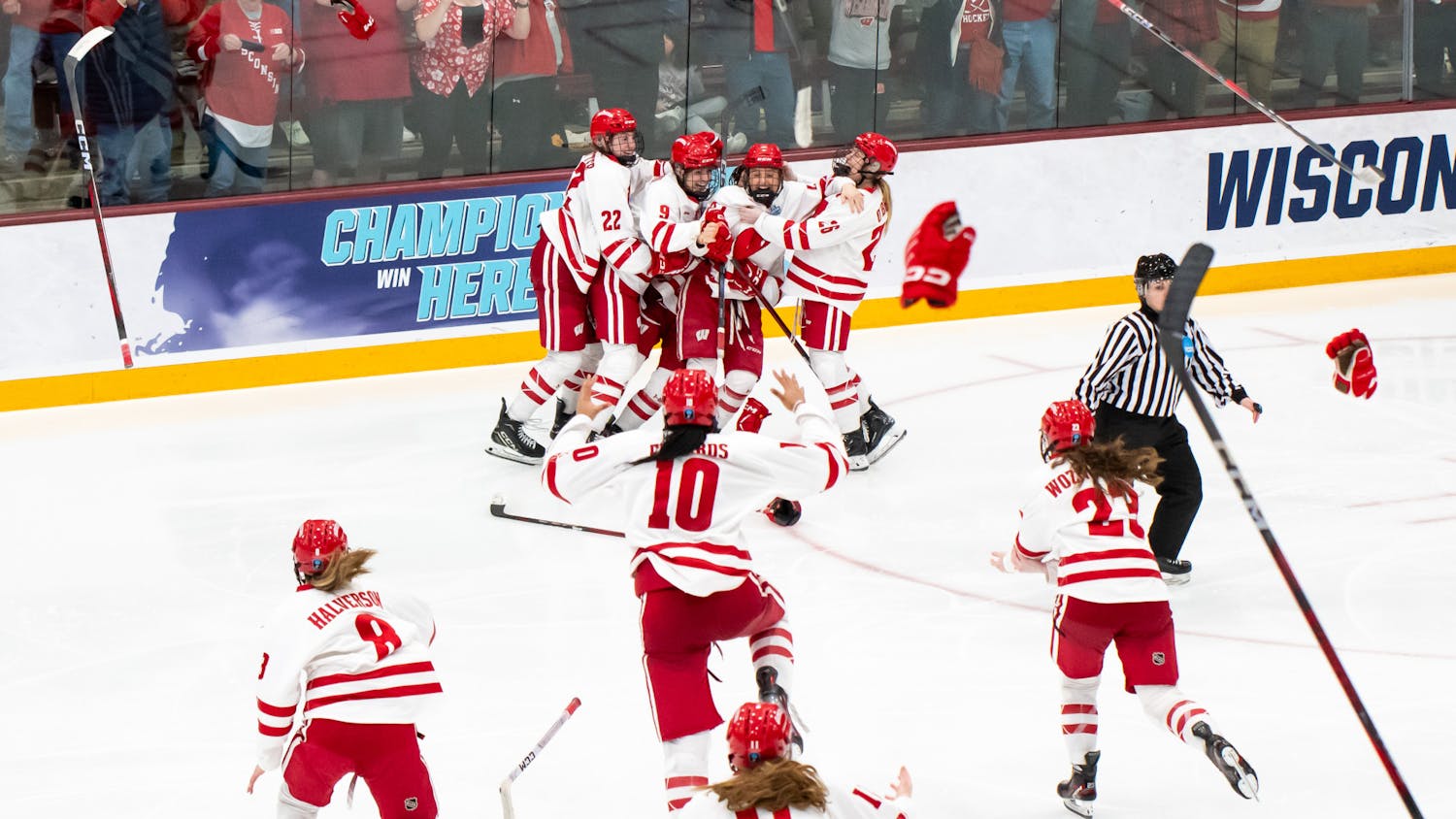The University of Wisconsin System is seeking $24.5 million in state funding for its “Wisconsin Tuition Promise,” a new aid program designed to support tuition costs for approximately 8,000 students across all 12 UW campuses.
The request came in the biennial summary of 2023-25 budget requests released by the Wisconsin Legislative Fiscal Bureau. The UW System submits budget requests for state funding as a state agency.
The state budget cycle happens every two years, beginning in an even year and ending in an odd year. State agencies, including the UW System, submit budget requests and submit them to the State Budget Office to inform the Governor’s budget proposal.
The Wisconsin Tuition Promise, set to begin in fall 2023, is modeled after University of Wisconsin-Madison’s Bucky’s Tuition Promise program. Bucky’s Tuition Promise guarantees scholarships and grants to cover tuition and segregated fees for in-state students whose annual household adjusted income is $60,000 or less, according to UW-Madison’s Financial Aid Office.
Now in its fifth year of operation, Bucky’s Tuition Promise has fully funded tuition and segregated fees for nearly 5,000 students at UW-Madison, according to the university. Bucky’s Tuition Promise is funded entirely by private donors as well as money from other institutional resources, such as revenue from Bucky-branded merchandise.
The Wisconsin Tuition Promise will similarly provide aid to Wisconsin residents at any of the 12 University of Wisconsin campuses whose annual household adjusted income is $62,000 or less. Though the UW System intends to fund the program with $13.8 million in private funding during the 2023-24 academic year, it plans to cover subsequent years with state funding.
“The goal is to expand opportunity and access for low and moderate income students so they can attend UW System universities tuition-free,” UW System Media Relations Director Mark Pitsch said.
The UW System estimates 8,000 students would receive assistance in the first four years of the Wisconsin Tuition Promise in an August press release announcing the program.
“A college degree needs to be within reach for every Wisconsin citizen as a path to a better life, and the Wisconsin Tuition Promise will provide these opportunities,” UW System President Jay Rothman said in the release.
“By ensuring that every Wisconsin student is given the full opportunity to get a higher education, we will improve those lives directly while building the economic engine and community prosperity that benefit all Wisconsinites,” he added.
Other budget items
The UW System’s budget request also proposed a $114.9 million funding increase over two years to provide ongoing support for dual enrollment programs, diversity, equity and inclusion efforts, Title IX compliance, sustainability and student mental health funding, among other initiatives.
UW’s proposal also included $123.1 million to supplement a 4% wage adjustment for UW System employees in January 2024 and another 4% wage adjustment on Jan. 1, 2025 for UW System faculty, academic staff, university staff and limited appointments.
Also present in the UW System’s budget request is a detailed list of departments and programs that would receive budget reductions if the Wisconsin State Budget were to be reduced by 5%.
However, these reductions are merely a routine exercise as mandated by Wisconsin’s 2015 Act 201, according to Wisconsin Legislative Fiscal Bureau analyst Erin Probst
“By law, every state agency must submit a plan for what might happen should the budget be cut by 5%,” Pitsch said. “This is an exercise sought by the legislature for budget review purposes.”
The items don’t all have direct implications on the lives of UW students, but some do deal with student support services and academic programs.
Notable funding reduction proposals include cuts to UW’s Tommy G. Thompson Center on Public Leadership, renewable energy, the state Laboratory of Hygiene and graduate psychiatric nursing education.
Items one and eight reduce the UW’s General Public Revenue (GPR) and Program Revenue (PR) appropriations, respectively, which would cut wide swaths of funding for “instruction, research, public service, student services, academic support, farm operations, physical plant operations, institutional support and services for students and staff.” The proposals would also cut a total of 700 positions.
The Governor will release his full biennial budget draft based on agency proposals early next year. It will then be sent to the Assembly’s Joint Finance Committee for review and modifications before being sent to the Legislature and finally Gov. Tony Evers in early summer.
Annika Bereny is a Senior Staff Writer and the former Special Pages Editor for The Daily Cardinal. She is a History and Journalism major and has written in-depth campus news, specializing in protest policy, free speech and historical analysis. She has also written for state and city news. Follow her on Twitter at @annikabereny.





